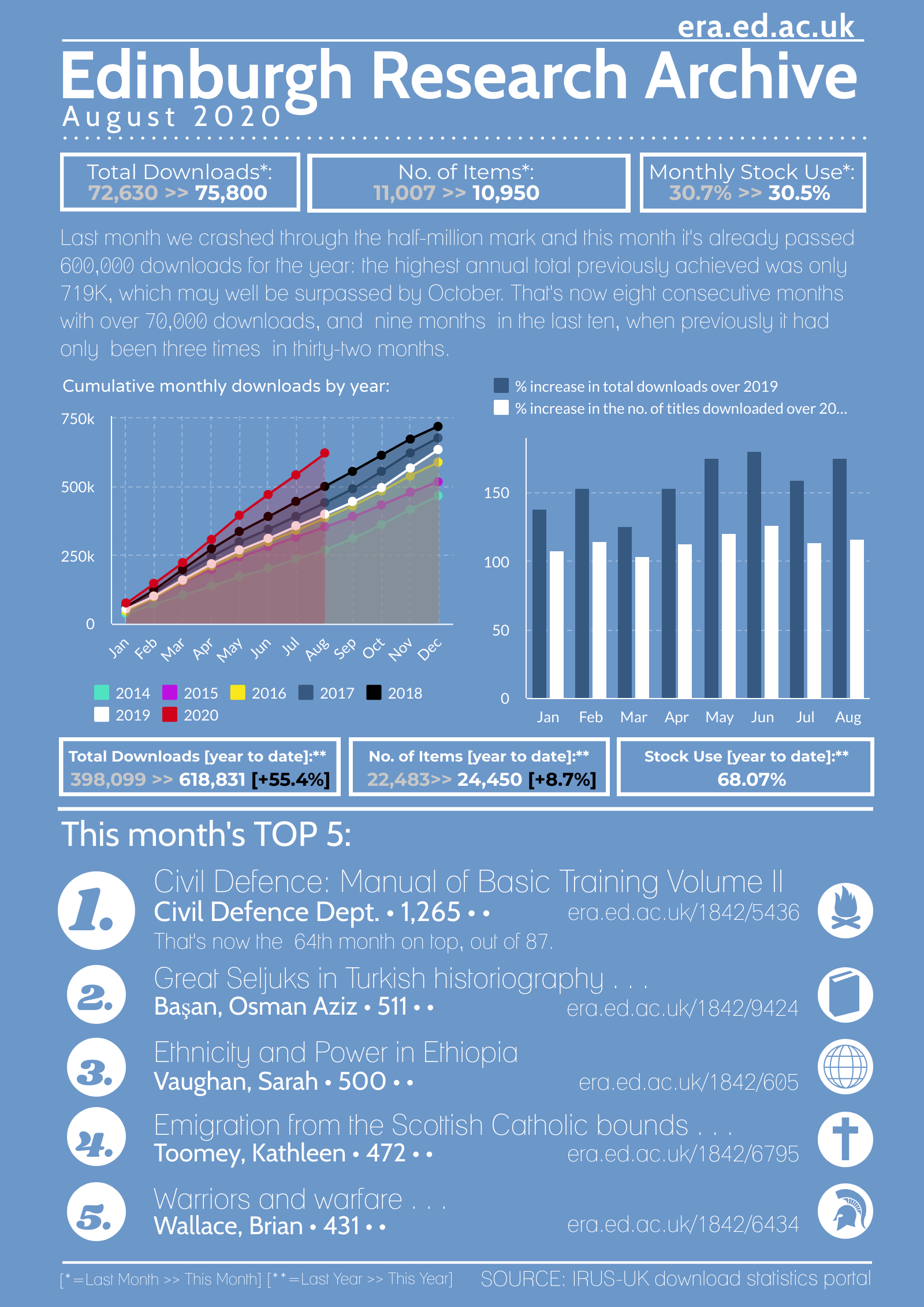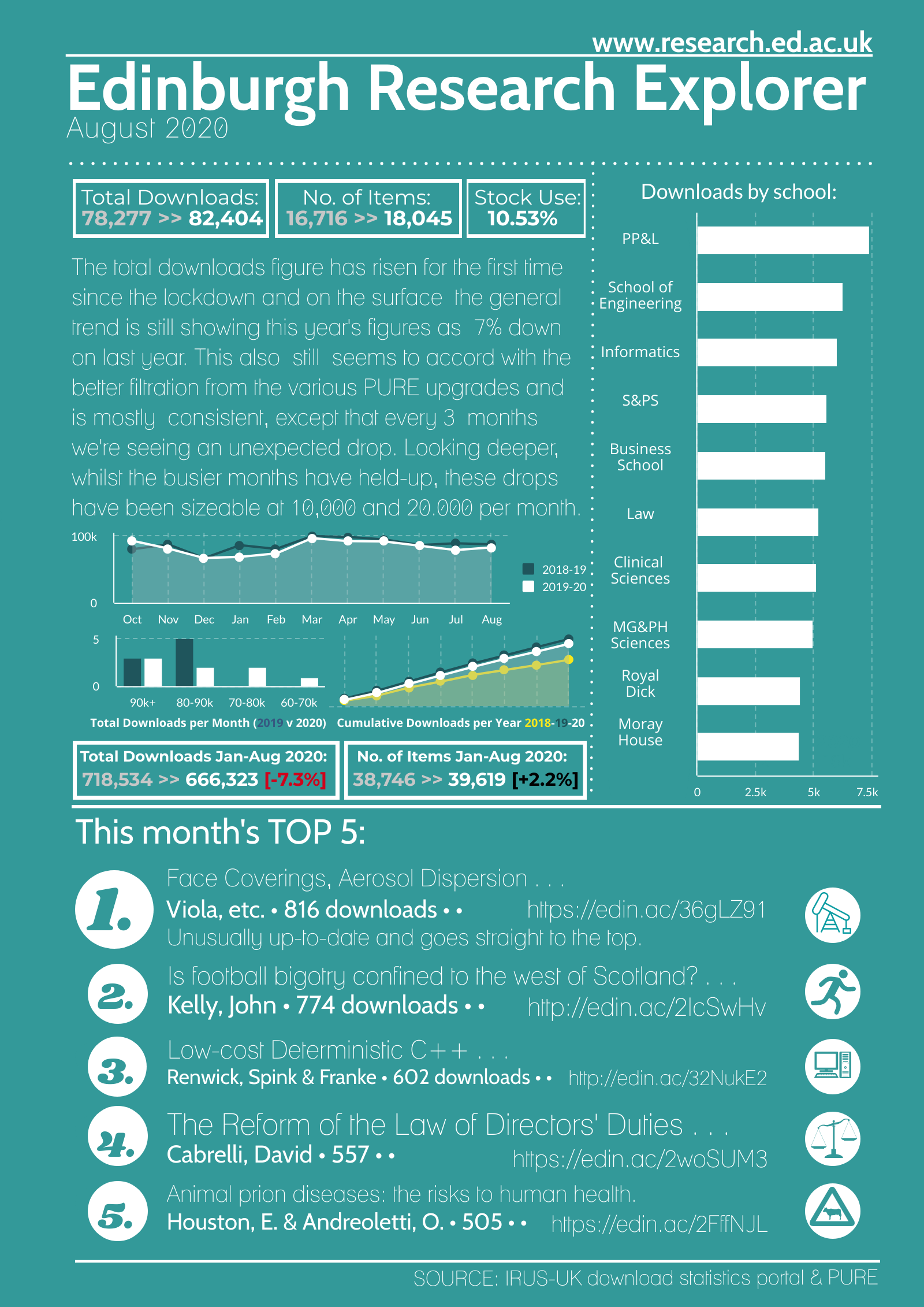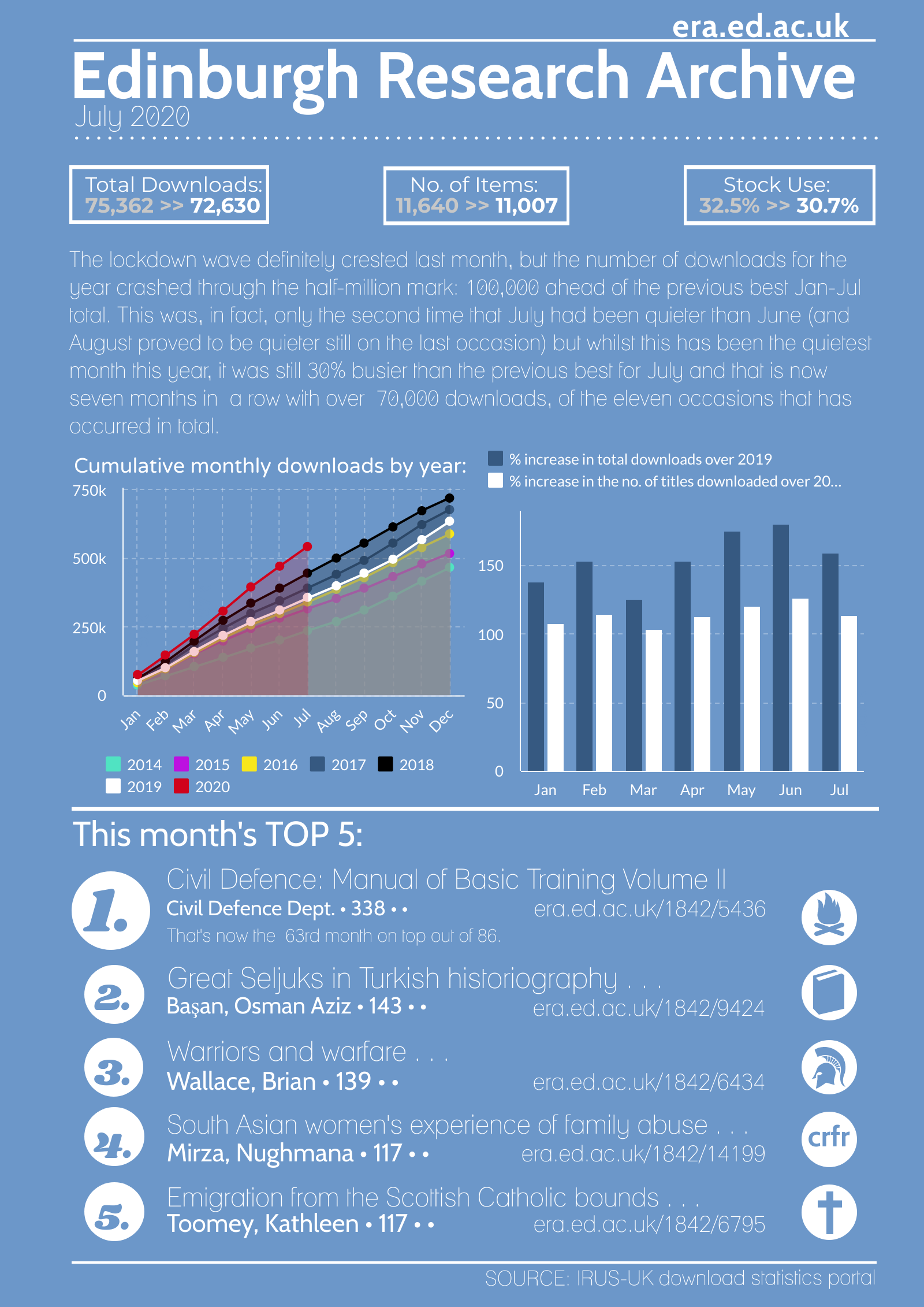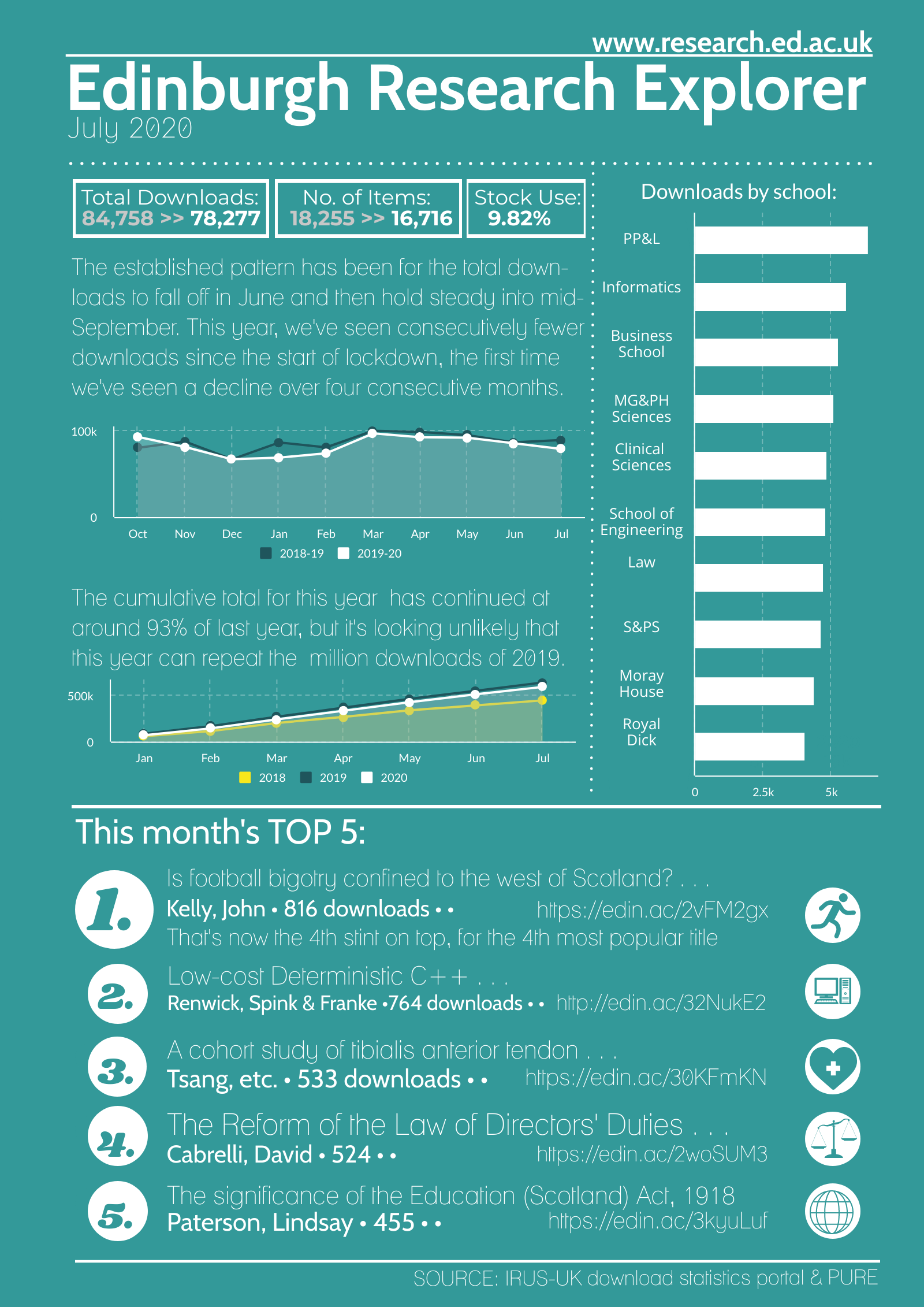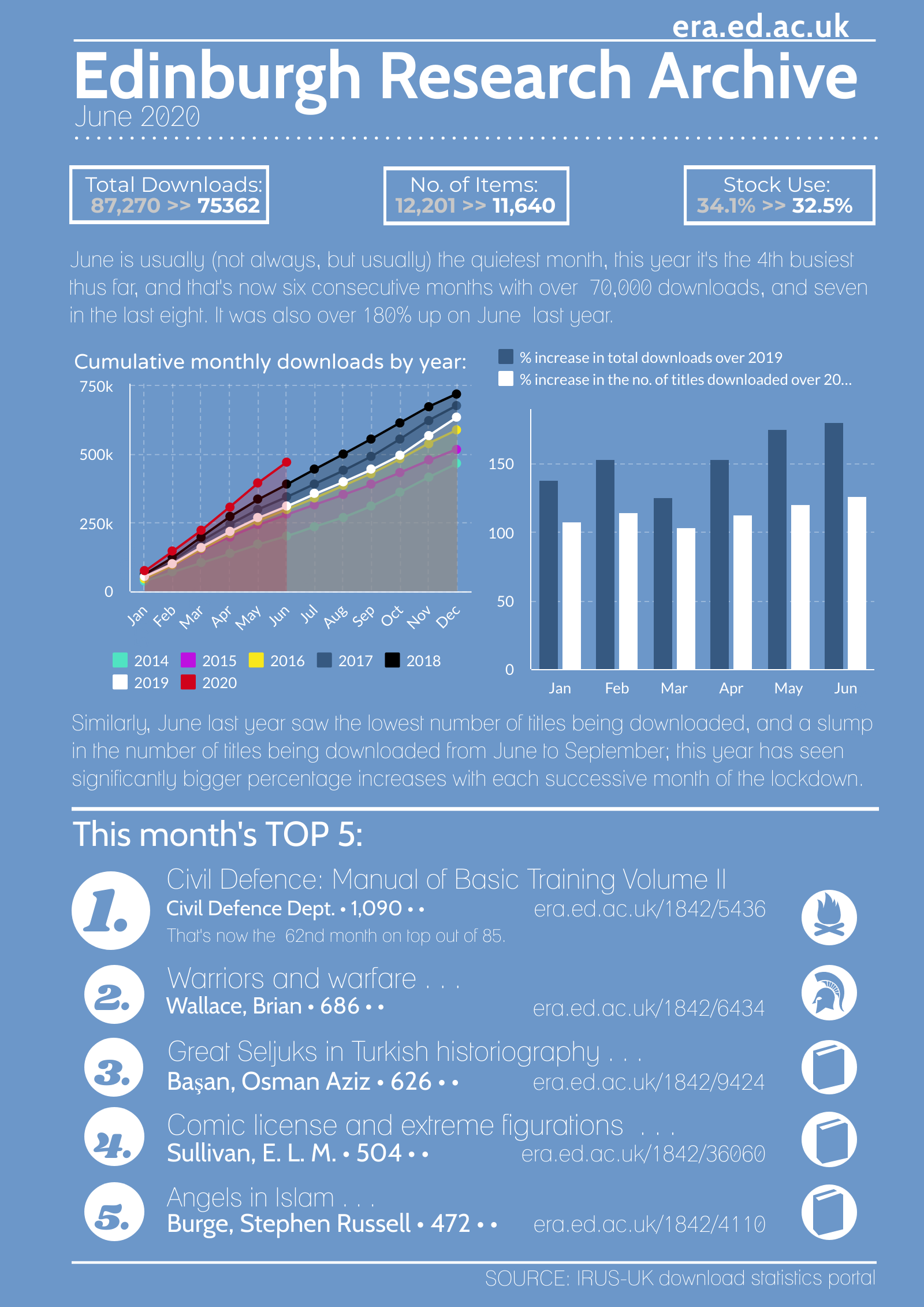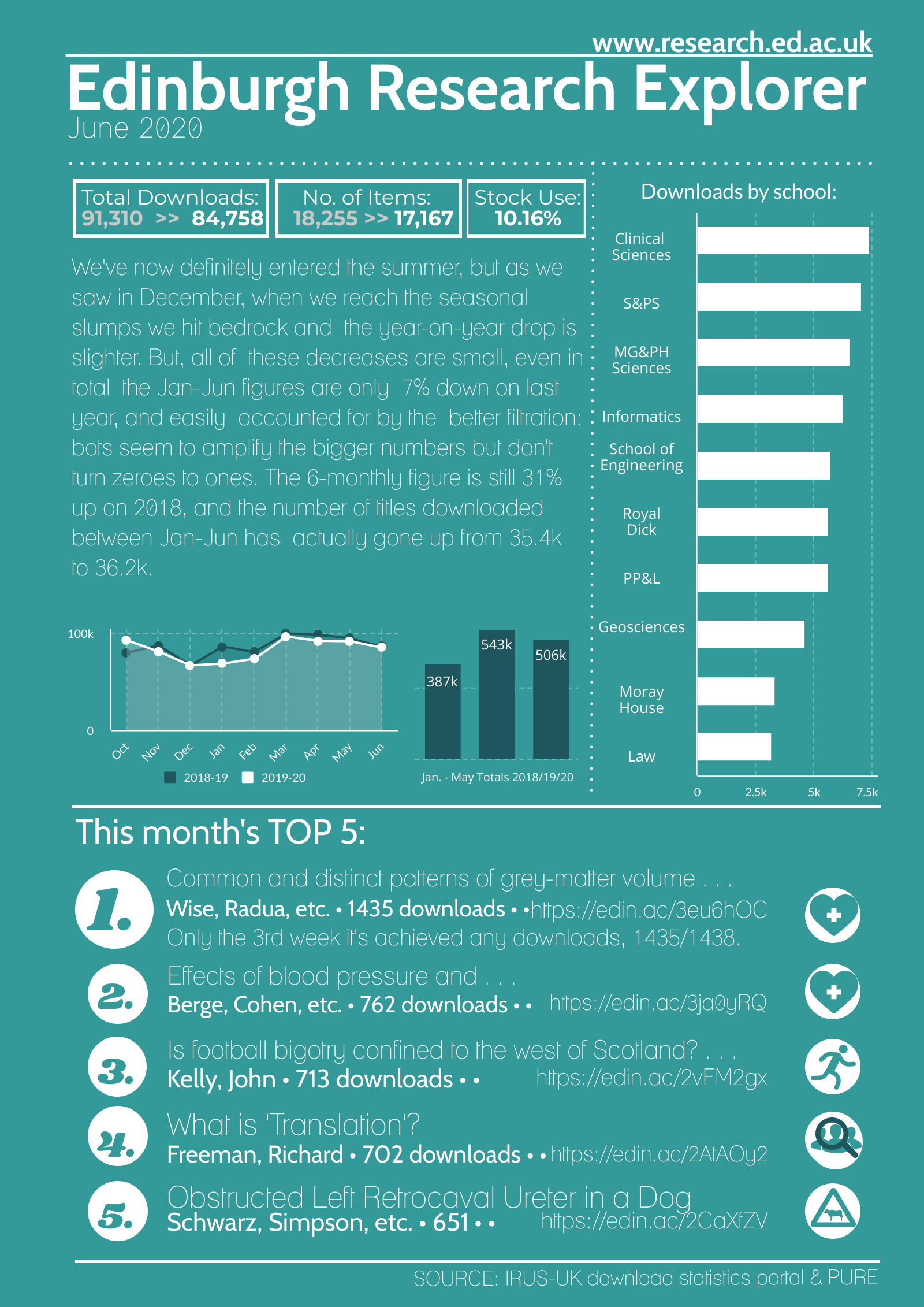In our continuous shift towards digital culture, and of course during the pandemic, conferences have been adapting their programmes to online formats. This is no mean feat, particularly as even the best laid plans can have technical issues. But at least online you can fix yourself a cup of tea or stretch your legs while the hosts sort issues out, rather than sitting awkwardly in the audience.
I attended two big conferences online that I usually would have attended in person: LIBER (Europe’s largest association of research libraries) 2020 and the 2020 University Press Redux Conference. The former took place over one week while the latter had five webinars spread out over four months. Both conferences had plenty of sessions that revolved around open access and, as open access is very much my area (I run the open access journals hosting service), I was excited to dive in and attend as many as I could. I’ve popped a few of my highlights below and hope you find them useful!
LIBER
With an excellent keynote on marketing (by Christine Koontz) two panels, ten sessions, six workshops, and paper presentations, LIBER 2020 was a packed week.
Open Access Insights
Denis Bourguet (UMR CBGP, INRAE, Montpellier) made the case for preprints and argued they are important as a tool of accessibility, as they are free for authors and readers and offer immediate access for researchers. However, as there is no peer review all types of research will be hosted, including the “not so good stuff”. Denis works on the Peer Community In (PCI) project (Winner of the LIBER Award for Library Innovation!) which aims to add peer review into the mix. Meanwhile, in Finland, Malin Sofia Fredriksson (The Donner Institute for Research in Religion and Culture) reported that one of the major funders in Finland requires open access publishing now and that humanities have the smallest proportion of peer-reviewed journals but has the largest share of monographs and edited works. Their biggest hurdle is challenging the idea that open access means lower quality and less visibility. Leo Waaijers (QOAM, The Netherlands) introduced Quality Open Access Market (QUAM) which is an online instrument that helps authors share their publishing experience with colleagues by completing a four-question scorecard about the peer review, editorial board, the value and ‘recommendability’ of the journal they were publishing in. The journal is then given a Quality of Service indicator, alongside information about publication fees. Sounds handy!
Libraries as Open Innovators and Leaders
The next session, and one I was really looking forward to given my role. Dr. Markku Roinila, Kimmo Koskinen and Kati Syvälahti (Helsinki University Library, Finland) spoke about their use of the Open Journals System (OJS) to host academic–led journals, at no cost to the editors and with maintenance and technical support provided by the library (exactly like us at Edinburgh!). Helsinki University Library empowered the journal managers to become “teachers”, so they could teach the use of OJS and of academic workflows to students. They gathered great feedback about the pilot, realised the importance of technical support from the library and are now looking into launching some student-led journals. Next, Shane Collins and Siobhán Dunne (Trinity College Dublin, Ireland) spoke of open scholarship (instead of open science, so that they are inclusive of AHSS) and how they created a taskforce of staff who look at Plan S and Trinity’s strategic open access targets. They ran events and podcasts with inclusivity at the forefront and found high levels of collaboration between departments. They also said that “bringing the melting pot of people together for culture change requires this type of grass-roots approach”. Finally, Dr. Coen Wilders and Martine Pronk (Utrecht University Library, The Netherlands) see the library as experts on making scientific information fair in a world that is increasingly more open and digital. They spoke of how libraries support the entire research process and said they choose to focus on metadata and repositories (instead of catalogues) as this is in line with their internal target audience.
Tools for Transparency and Open Access
First up, Sarah Ames (National Library of Scotland, Scotland) spoke about NLS’s Digital Scholarship Service, which encourages, enables and supports use of computational research methods with their collections, among other aspects. They focused on internal and external engagement and worked hard to communicate transparency, including utilising social media, which was highly engaged with. Next, Maurits van der Graaf (Pleiade Management & Consultancy, The Netherlands) looked at a library toolkit for open access and pointed out that institutional repositories are a vital form of green open access. There are currently 5,367 repositories and 82% of publishers allow self-archiving. Maurits concluded by stating the importance of green and gold routes in the move to open access and highlighted the need for more Read and Publish deals as well as more library support for APC-free publishing. Finally, Nicole Krüger and Dr. Tamara Pianos (ZBW – Leibniz Information Centre for Economics, Germany) spoke of the importance of considering open educational resources (OER) before designing learning materials. They used H5P as it was mobile-friendly and allowed for interactive content. Although content hosted via this route isn’t indexed by search engines, it can be downloaded and adapted for other sites, such as WordPress. Overall, they found H5P very user-friendly.
REDUX
Monographs, open access and public policy: UKRI OA consultation 2020
Helen Snaith (the Senior Policy Adviser at Research England) said that monographs should not try to replicate journal open access models and that they need to ensure that policy doesn’t create accessibility issues. Richard Fisher (Vice Chair of Yale University Press) said that removing the financial barrier is only one aspect of open access, and that money needs to be spent on marketing in order to make the book successful. Overall, it was agreed that publishing open access shouldn’t affect the quality of the content.
Open Access: Sales – Open Access business models for books and journals
Martin Paul Eve (Professor of Literature, Technology and Publishing, Birkbeck, University of London) pointed out that books are much more expensive to produce than journals, and this can be an issue for the humanities and social sciences in particular as there is generally less funding. He said that it isn’t as simple as a library switching the book purchasing budget to the book processing charge (BPC) budget, as the former wouldn’t sufficiently cover the latter, and that COVID19 has shown the inaccessibility of books online compared to journals. Similarly to Richard Fisher, Martin said that gold open access may not be the way to go for books. Emily Farrell (Library Sales Executive, The MIT Press) said they rely on a hybrid approach to funding their open access activities, including article processing charges (APCs) and crowdfunding approaches for books, such as Knowledge Unlatched. She acknowledged that they see a lot more usage when books are open and they aim to roll out a library–centred collective model by 2021. Lastly, Vivian Berghahn (Manging Director, Berghahn Books) spoke about the subscribe-to-open (S2O) model, where subscribers get discounted access to the content and, if enough subscribers participate, the content is made open access. Vivian said they have 305 participants to date and the model is working particularly well for their anthropology journal.
Conclusion
Having the conferences online, in my opinion, worked well. More people could attend due to the lack of a financial barrier (no travel, no accommodation, no delegate fee). And the less air travel the better, of course. Without these barriers, knowledge can be shared more widely too. The main downside is the lack of organised networking and ability to have in-depth discussions with your colleagues and peers. Perhaps a solution is on the horizon for conference organisers.
It was brilliant to see so much conversation about open access, including accessibility, be given through open and accessible platforms with no financial restrictions. Open access policy is still developing, and it’s important that conferences continue to highlight and discuss the impact of this.
A final positive of hosting an online conference is the ability to record and share online for those who can’t make it or to have the information to hand. Speaking of which, you can access all the LIBER sessions here and the REDUX ones here. I thoroughly recommend checking out both. Happy watching!



